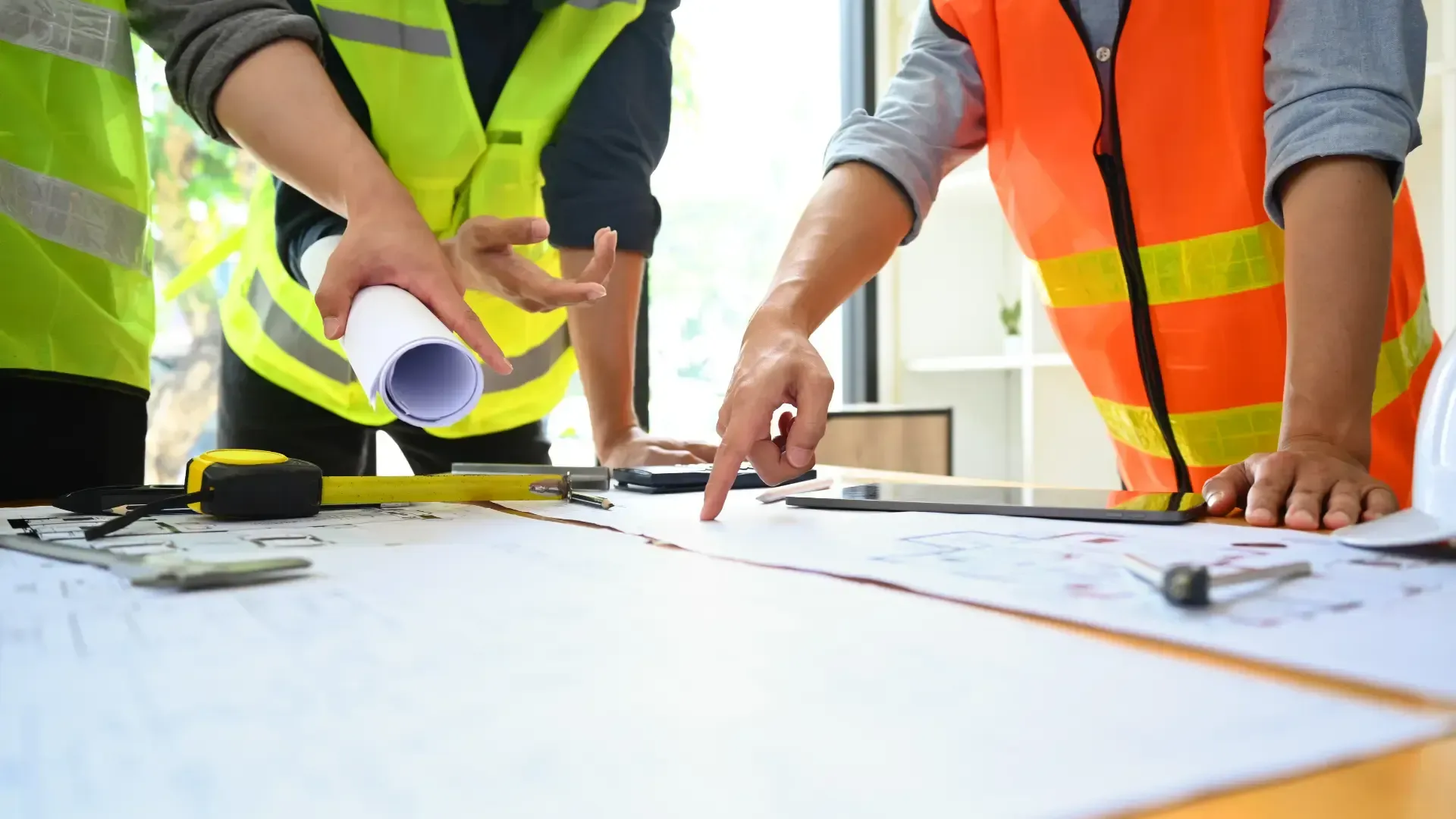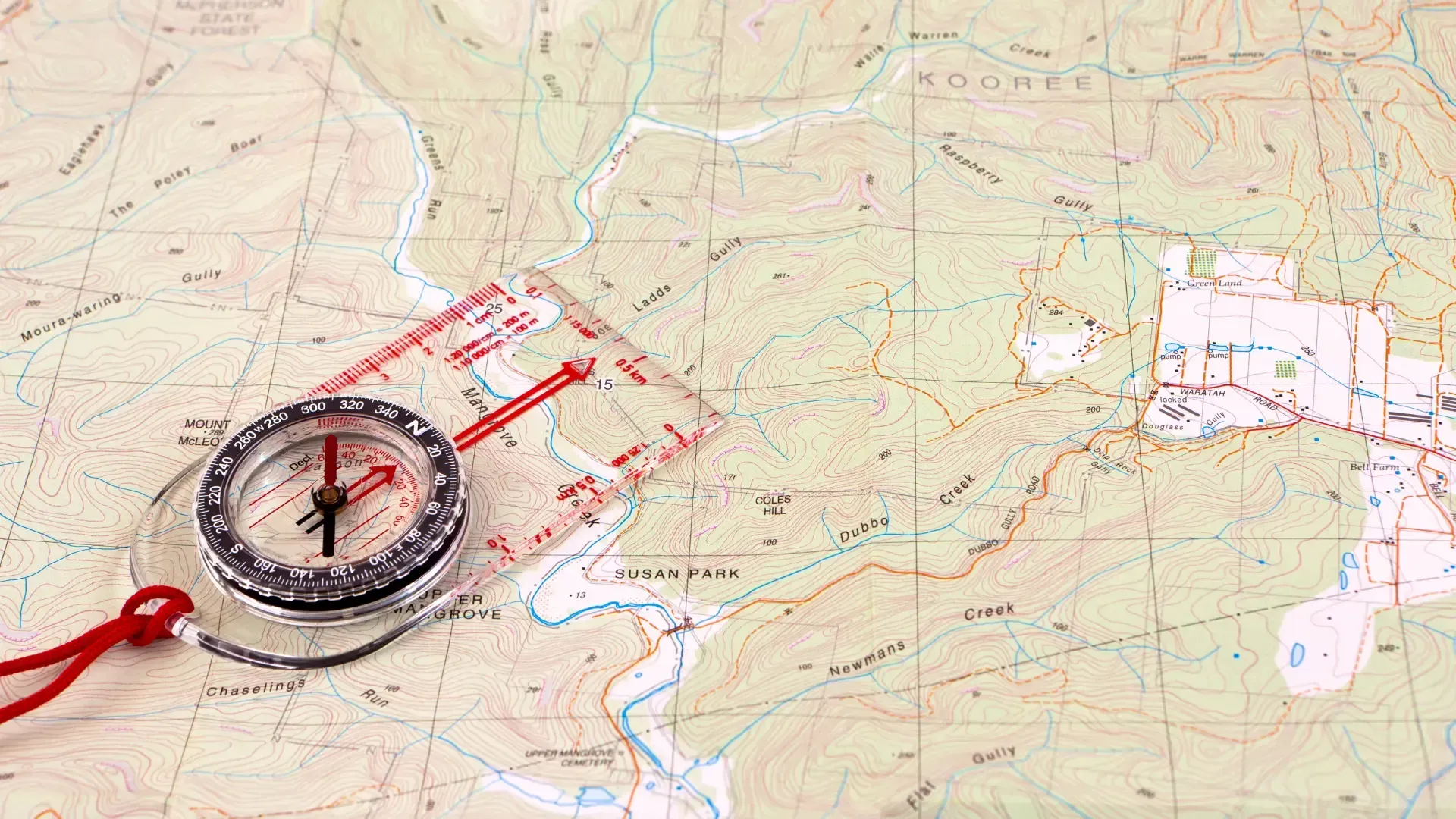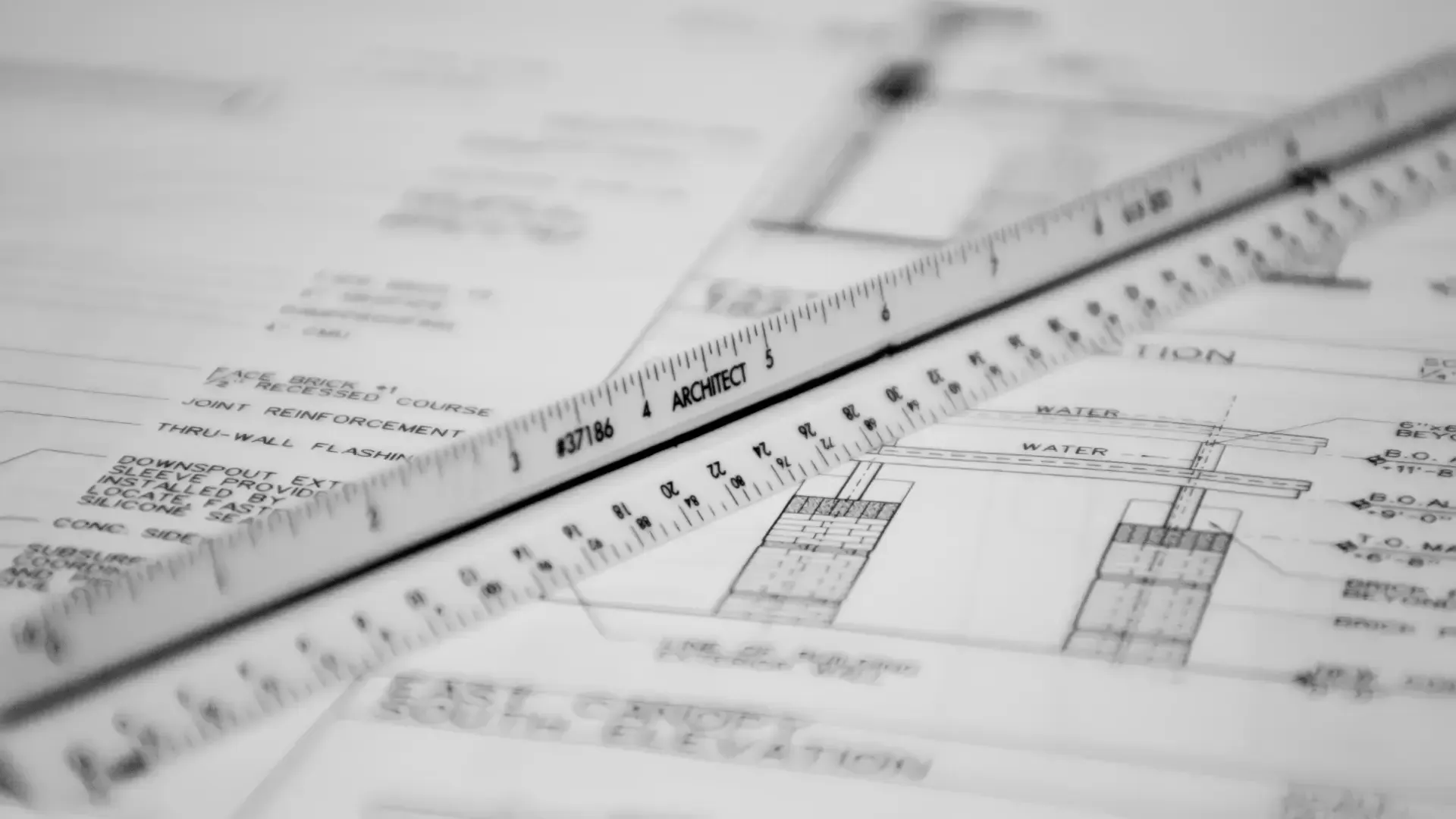Buy Engineering Scales for Precise Design and Construction
Why Precise Measurements Are Essential in Engineering Design and Construction
Accurate measurements are crucial in engineering. Even small errors can cause big problems. A tiny mistake in a design can lead to safety issues, delays, and added costs. This is why precision matters at every stage of construction.
In engineering, precision isn’t just about the numbers. It’s about making sure everything fits together perfectly. If measurements are off, the project could fail. This can lead to rework, missed deadlines, and budget overruns. In fact, studies have shown that inaccurate measurements are a leading cause of delays and additional costs. According to the Construction Industry Institute, up to 20% of construction project costs come from errors in design and measurement.
Engineering scales are one of the most reliable tools to prevent these mistakes. They help engineers and designers convert real-world measurements into smaller, more manageable numbers. This ensures that blueprints are accurate and can be followed precisely during construction. Whether it's a small mechanical design or a large building project, engineering scales help keep everything on track.

What Are Engineering Scales?
Engineering scales are tools used to measure and draw accurate plans. They help convert real-world measurements into smaller sizes for blueprints. This makes it easier to design and visualize large projects.
Common scale ratios include 1:10, 1:20, 1:50, and 1:100. For example, a 1:10 scale means 1 unit on the blueprint equals 10 units in real life. The scale ratio you use depends on the size and detail of the project. Larger projects may use smaller ratios like 1:100, while smaller projects may use larger ratios.
Different engineering fields use different scales. Civil engineers often use scales like 1:100 for large structures such as buildings and bridges. Mechanical engineers may use a 1:10 scale for smaller, detailed designs. Electrical engineers also use specific scales for electrical diagrams and layouts.
Engineering scales are not the same as architectural scales. Architectural scales are focused on buildings, while engineering scales are used for a variety of engineering projects. Some scales are in metric units, and others use imperial units, depending on the region.
Using the right engineering scale ensures precision and accuracy in design. It helps engineers avoid mistakes and ensures the final construction meets exact specifications.
Benefits of Using Engineering Scales in Design and Construction
Engineering scales are vital for accurate design and construction. They ensure that every drawing or blueprint reflects real-world measurements precisely. When you're dealing with large or complex projects, even a small mistake can lead to serious issues. Engineering scales help avoid these problems by providing exact measurements.
Accuracy
Accuracy is one of the most important benefits. These tools help engineers create designs that are true to scale. This accuracy prevents costly mistakes during construction, saving both time and money. For instance, a study from the Construction Industry Institute found that poor planning and measurement errors contribute to significant project delays and cost overruns.
Error Reduction
Another advantage is error reduction. Engineers often work with complex designs that require precision. Using engineering scales reduces the chances of human error. With fewer mistakes, projects stay on track, and costly rework is minimized.
Efficiency
Time efficiency is also a big benefit. Engineers can quickly adjust plans with the right scale. This makes it easier to keep designs moving forward without unnecessary delays. Instead of spending time correcting errors, engineers can focus on other important aspects of the project.
Consistency
Finally, engineering scales provide consistency. All team members use the same measurement system, ensuring that everything aligns correctly. Whether it's a small part or a large structure, the same scale keeps the project unified.
Customization
Customization is also possible with engineering scales. Engineers can choose scales that fit their unique needs. Whether it's a custom scale for a special project or adding a company logo, customization ensures the tools match the job.
How to Choose the Right Engineering Scale for Your Project
Choosing the right engineering scale is important for getting accurate measurements. The scale ratio is the first thing to consider. Larger projects like buildings or roads often use a scale of 1:100 or 1:50. Smaller projects, like mechanical parts, may use a 1:10 or 1:20 scale. The correct ratio makes sure your blueprint matches real-world sizes.
Next, think about the material of the scale. Scales are made from different materials, each with benefits. Plastic scales are light and affordable, but not as durable. Metal scales are stronger and last longer, making them good for heavy use. Laminated scales are a balance between cost and durability. Depending on your project, you’ll need to decide which material suits your needs best.
Precision is another factor. Some projects need more detailed work, like electrical or mechanical designs. For these, you’ll want a scale that provides higher accuracy. For general use, a standard scale may be enough.
If you want something more personalized, many companies offer customizable engineering scales. You can add a logo or your company’s name. This is useful for branding or large projects where identification is important.
We’ve put together a comparison chart to help you choose the right scale ratio for your project, whether it’s civil, mechanical, or electrical. This will help you make a more informed decision.
Where to Buy Engineering Scales
Finding the right engineering scale is important for any project. Multiscale Products offers high-quality, pocket-sized scales designed for engineers, architects, and other professionals. Our scales are printed on both sides for accuracy and laminated for extra durability. They are small enough to fit easily in your pocket but built to last.
You can buy our engineering scales directly from our website. The process is simple, with secure payment options and fast shipping. We also offer customization services, so you can add your company logo or information to the scales. This is a great option for businesses or promotional giveaways.
If you need help, our customer support team is ready to assist. Whether you have questions about the scales or need assistance with your order, we’re here to help. Contact us by phone at (408) 858-8174 or email us at info@multiscaleproducts.com.
At Multiscale Products, we pride ourselves on offering top-quality scales, fast shipping, and great customer support. Buy from us today and get the precision and durability you need for your projects.
Contact Us for Expert Help
Need help choosing the perfect engineering scale for your project? Our experts are ready to assist. Contact us today for personalized advice or custom orders to meet your specific needs.
Frequently Asked Questions
What is the difference between engineering scales and architectural scales?
Engineering scales are used for precise measurements on technical drawings. They are mostly used in fields like civil and mechanical engineering. Architectural scales are used in building design. They focus more on large-scale drawings of structures.
How do I use an engineering scale to measure on a blueprint?
Place the scale along the edge of the blueprint. Choose the right scale ratio for your project (e.g., 1:100). Align the zero point with the edge of the drawing. Then, read the measurement at the other end. Make sure the scale ratio matches the level of detail you need.
Can engineering scales be used for other professions or projects?
Yes, engineering scales can be used in various fields. They are helpful for architects, surveyors, and even geologists. Any job that needs precise measurements can benefit from these scales.
How do I know which scale ratio is right for my project?
The right ratio depends on the project size. For large projects, such as buildings, use a ratio like 1:100. For smaller details or components, use a ratio like 1:10 or 1:20. Pick the ratio that gives you the level of detail you need.
Are custom-engineering scales available?
Yes, you can customize your engineering scales. Add your company logo or other details. This is great for businesses or for promotional giveaways. Contact us for more information on customization.
Conclusion
Accurate measurements are essential for the success of any engineering or construction project. Whether you're working on large buildings or intricate components, using the right engineering scale ensures precision and efficiency.
Browse our wide selection of high-quality engineering scales today. If you need help choosing the right scale for your project or want to customize it with your company logo, feel free to reach out. Our team is here to provide expert advice and personalized service.
Shop now or contact us for custom orders and let us help you achieve accuracy in every design.


